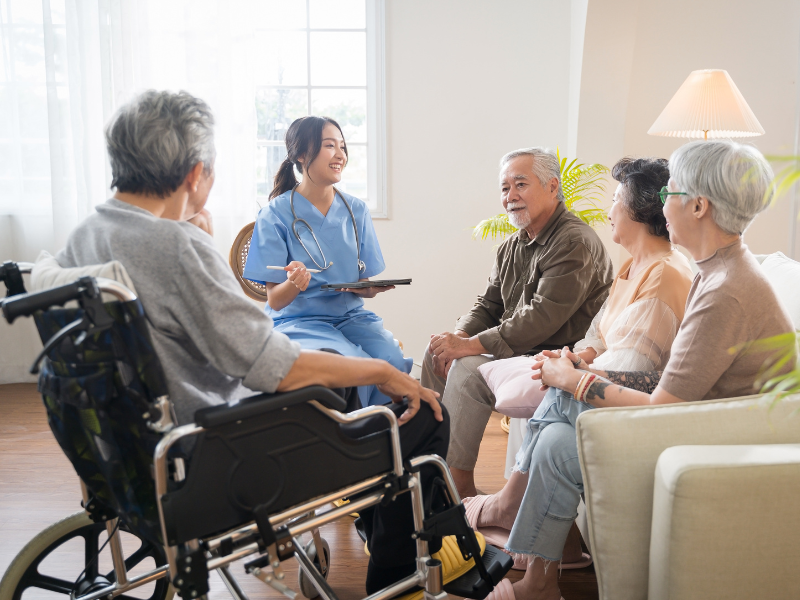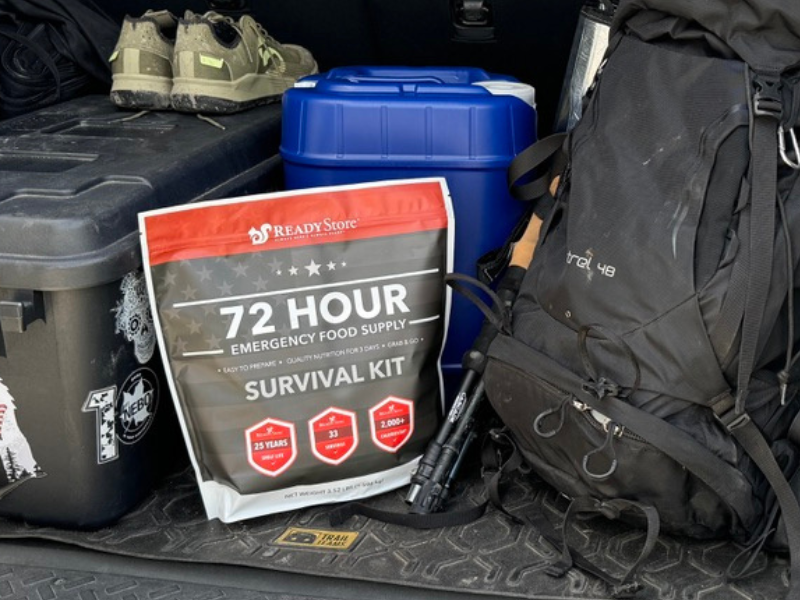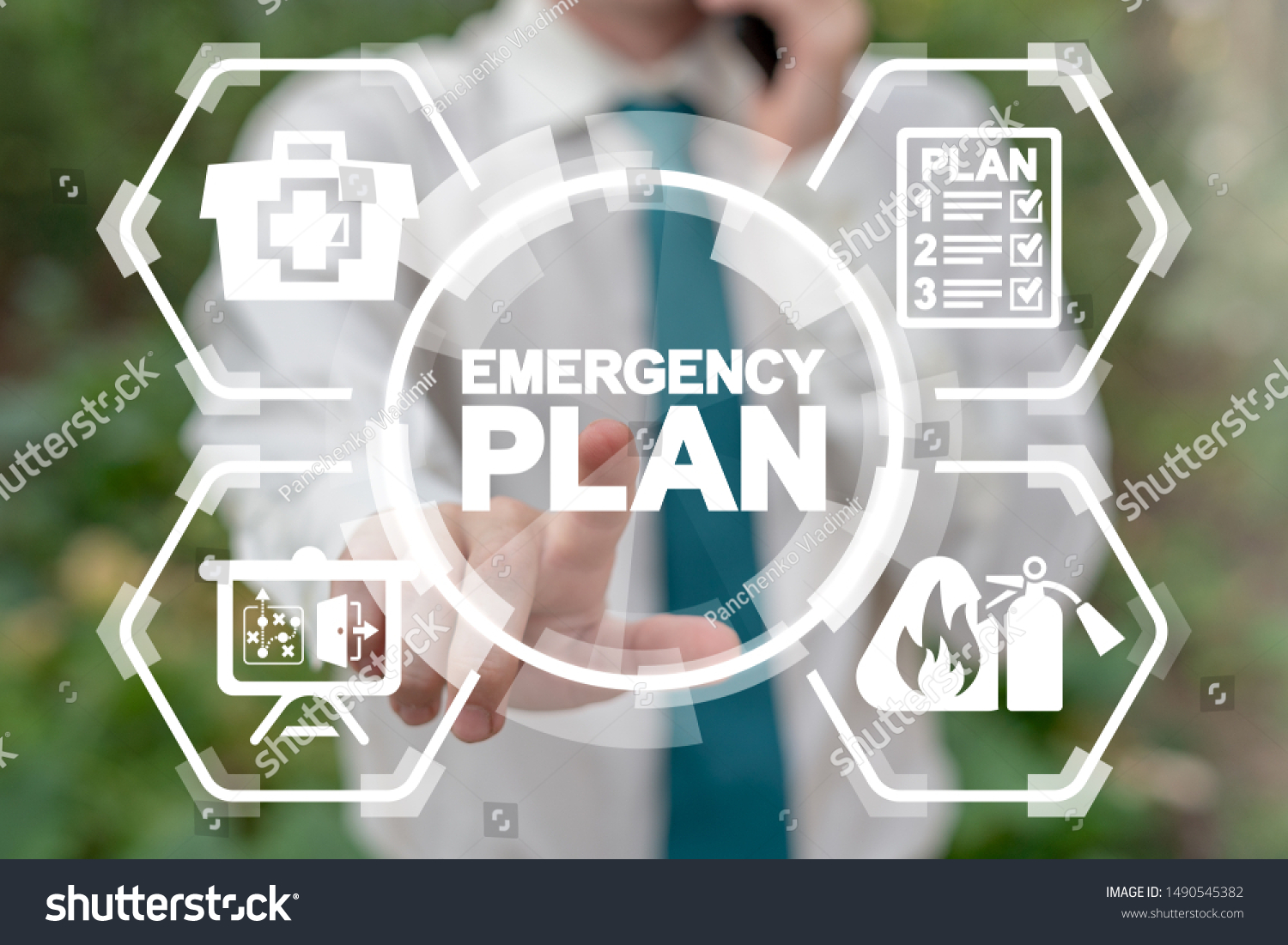Often, the elderly and people with disabilities face unique challenges when preparing for a disaster. Several public and community organizations are dedicated to emergency preparedness for individuals with special needs. These groups focus on creating policies, building understanding, and providing essential support and resources for these communities.

Local disability commissions continue to collaborate with emergency management experts to address disaster preparedness for individuals with special needs.
Basic Preparedness Tips
- If you have physical limitations, build a personal support network of trusted individuals who can check on you after an emergency.
- Maintain at least a three-day supply of prescription medication. If you use oxygen, ensure you have an emergency supply to last for at least three days.
- Talk with your medical supply company about backup power options for any medical equipment requiring electricity.
- If you rely on battery-powered mobility equipment, keep manual alternatives like wheelchairs, canes, crutches, and walkers as backups.
- Discuss emergency plans with your personal health aide. Confirm if their agency has a strategy for providing client services during disasters.
- Keep a whistle nearby in case you need to signal for help during an emergency.
Disaster Preparedness Booklet
The American Red Cross has created a comprehensive guide to disaster preparedness for individuals with special needs, including seniors. In addition to the tips above, it’s essential to prepare "Shelter-In-Place" emergency supplies and food in case outside help is unavailable during or after a disaster. Ensure you have the following items:
- An emergency supply of food.
- Extra clean water and water purification supplies.
- Backup lighting solutions for power outages.
- A reliable communication device, such as a powered radio.
- A fully stocked first aid kit.
Prepare to Evacuate
In some situations, evacuation may be necessary. Having a fully stocked Survival Kit ready for a "Grab-N-Go" emergency is critical. These kits ensure you have the essentials to sustain yourself until help arrives.
Key Takeaway: The more self-reliant you can be during emergencies, the better your chances of thriving. Plan ahead, build a support network, and stock essential supplies for any scenario.
Emergency preparedness for the elderly and those with special needs requires extra attention and proactive planning. By taking these steps, you can ensure your safety and peace of mind during any disaster.













